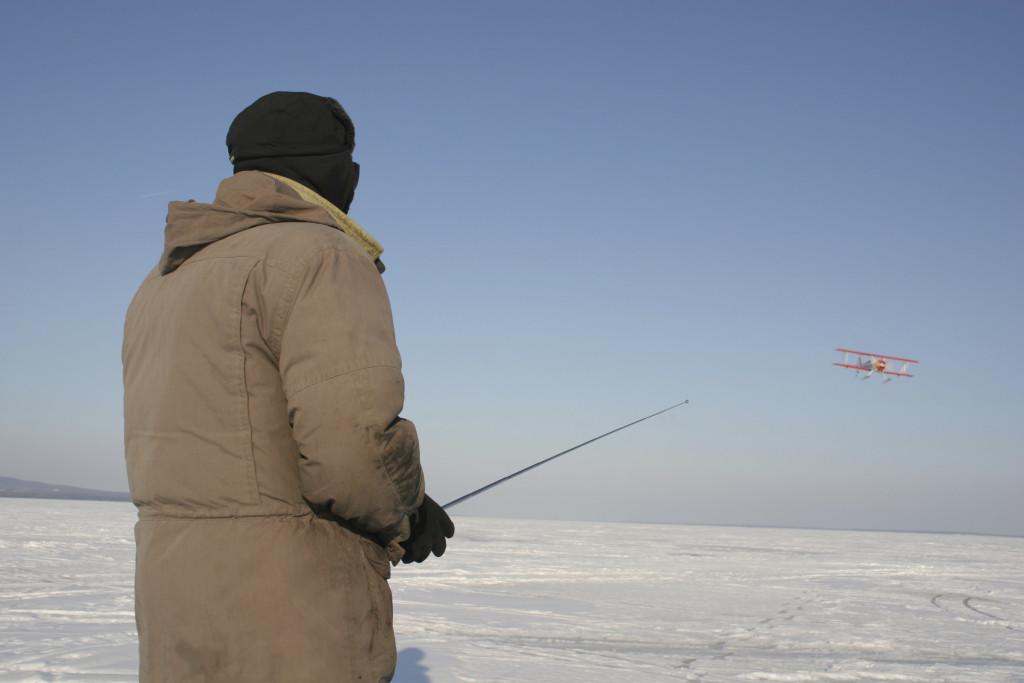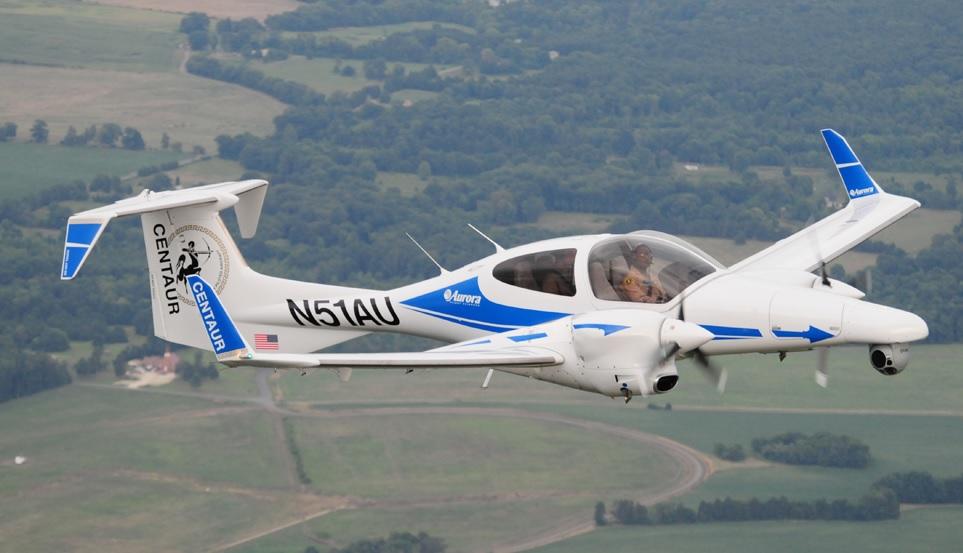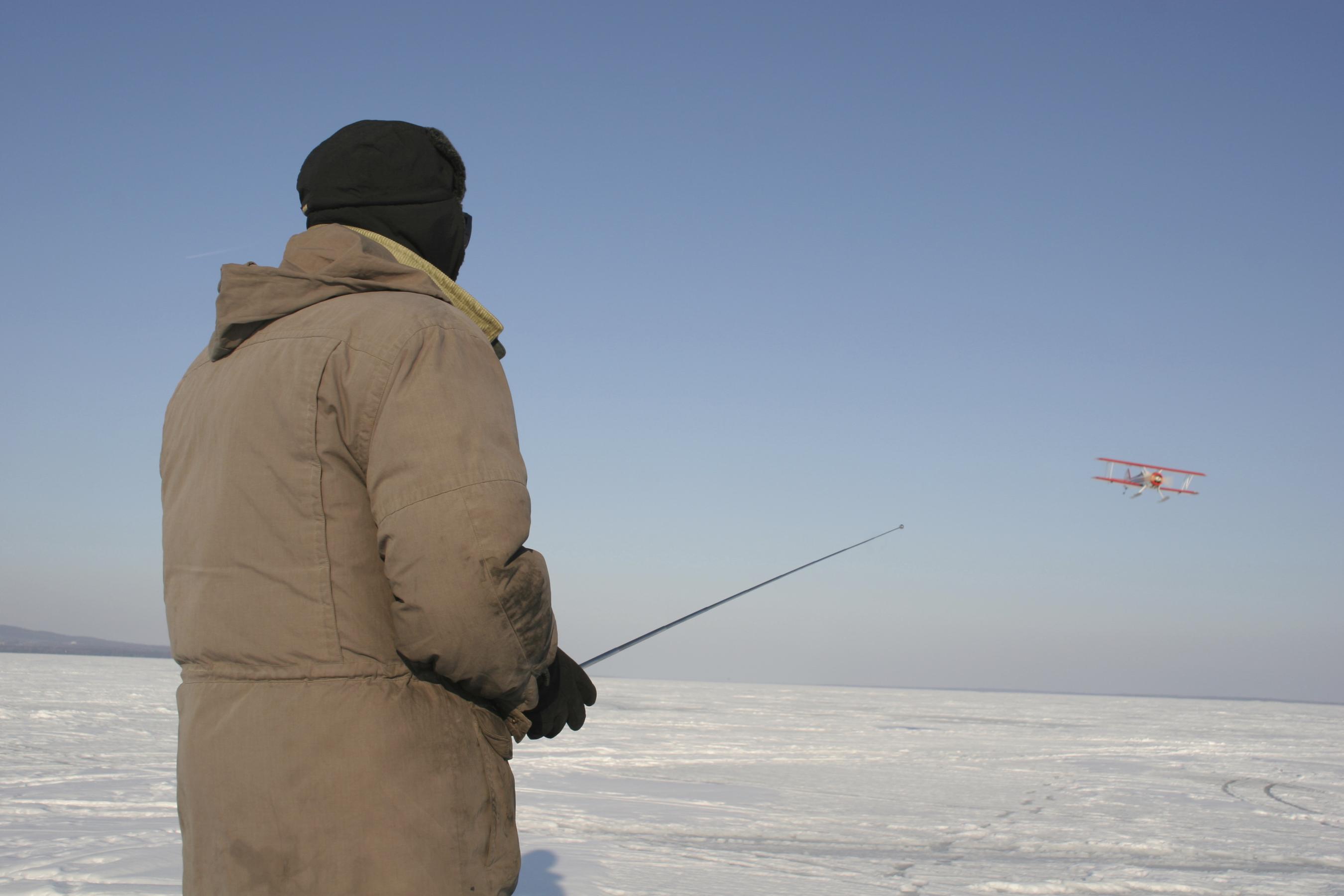Would You Trust Planes Without Pilots? The FAA Is Testing Remote-Controlled Passenger Flights

According to Aurora Flight Sciences Corporation, the flight of an unmanned passenger plane could herald in a new era in commercial aviation.
In a first for the commercial aviation industry, an unmanned passenger plane was flight-tested at a Federal Aviation Administration (FAA) site in New York earlier this month. This aircraft — a twin-propeller experimental plane called Centaur — is outfitted with gear that allows a pilot to remotely control it from the ground rather than from within the cockpit.
At a glance, the Centaur, which is manufactured by Aurora Flight Sciences Corporation, seems just like any other general aviation plane. With room for two pilots and a couple of passengers, the craft can fly at an altitude of up to 27,500 feet and as far as 2,300 miles. The difference between the Centaur and a normal plane however, is that in a matter of hours, the Centaur can be converted from remote-control mode to a conventional, piloted craft.
As long as it’s manned, it can be flown through U.S. airspace just like any other plane. However, it is the craft’s pilotless mode that Aurora believes heralds a significant step toward unmanned planes being able to fly within U.S. commercial airspace.

Unpiloted planes like the Centaur are currently touted as an inexpensive way for mining companies or oil pipeline operators to survey their holdings. However, Aurora chairman and CEO Dr. John S. Langford hopes that in the near future –perhaps within five years – these small, pilotless planes will be used to provide an Uber-style service for short-haul travelers who will be trained as “operators”.
“The plane can come to you. Nobody’s on board. It doesn’t need a pilot,” he explained to CNN. But will these remotely-controlled small passenger planes lead to pilotless passenger jets? “I don’t think we’ll ever see that in our lifetime.”
While the FAA currently allows pilotless planes to fly in civilian or military test zones, the popularity of remote-controlled craft is prompting the creation of legislation that will help to regulate this fledgling technology. However, Michael Whitaker, FAA Deputy Administrator, explained to a House committee earlier this month that the administration has only recently begun to consider regulation for larger unmanned aircraft.
[Photos: iStock; Aurora Flight Sciences]























